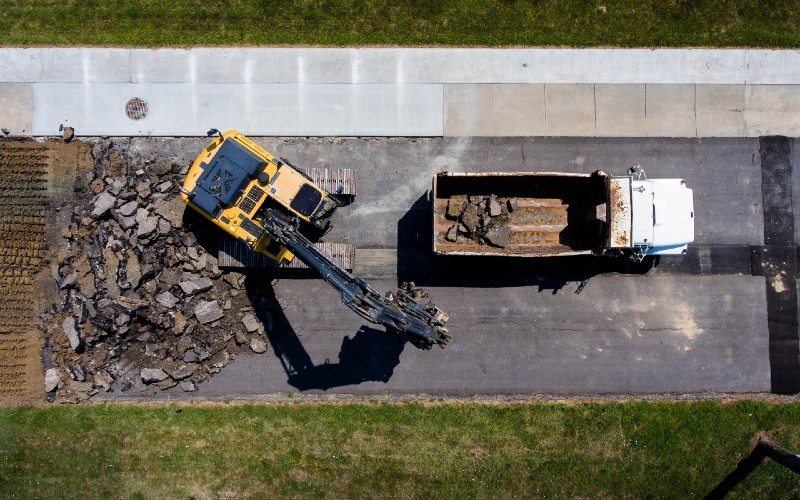Do you enjoy building things and seeing projects come to life? Do you love DIY? And do you love helping people? If you get a buzz from making life easier for people, or if you enjoy giving advice and solving people’s problems then have you ever thought about starting a tool hire business? Tool hire and equipment rental is a much loved industry and it’s a sector that is built on strong relationships. The tool hire industry prides itself on doing business with honesty and working hard, helping others to finish construction and self-build projects, for example, on time and on budget. But if you are thinking of starting your own tool hire business, do you know where to start? Here are easyToolhire Scotland’s top ten tips on how to start up a tool hire business.
1. Know your market
Have you studied the market that you wish to enter? Talk to local construction companies about what they want. They will give you a great idea of their needs.
2. Pricing
What are tool hire customers willing to pay for tools? Don’t pluck a figure out of the air. Ask your potential customers about affordability, price and value and talk to them about the prices they pay now. This will give you a great idea about what to charge.
3. Location
You could start exactly the same tool hire business in two different locations and get very different results. It is likely that a tool hire business in the centre of town will have very different customers than a tool hire depot operating on the outskirts of a city. The locations may just be a few miles apart but customers’ needs are different. Think about your demographic and the tools they will need.
4. Where should you stop?
Are there other services that you can offer your customers other than tool hire? Do you want to be a one stop tool hire shop for your customers? This is an important question to ask yourself.
5. Which tools?
Do you know which tools your customers want to hire? For example, if you wish to launch a tool hire business in Scotland, do your customers in Glasgow want the same tools as customers in Edinburgh? If you know which tools customers want to hire, you can make smart choices about which tools you should have in your inventory. It is cheaper and easier to buy more equipment later. Do not have unwanted tools sitting on your shelf. Unused tools = waste of money.
6. Invest wisely
Talk to prospective tool hire customers. Do they want to hire budget range tools or do they want to hire high-end pieces of equipment? Don’t invest money in expensive items of tool hire equipment if they want budget-friendly items. Choose which tools to invest in wisely.
7. Servicing
Take good care of your tools and equipment. If you do not look after your tools properly, your tools will break down. And if tools break down, you will not be able to hire them out. Look after your tools, maintain and service equipment regularly and fix any issues quickly. Consider how you will maintain tools, who will maintain them and how often.
8. Online presence
Consumers are used to jumping online, booking hotels and searching for flights. Tool hire is no different. So the next time you jump on Google and search tool hire Scotland, what do you find? How many tool hire companies allow you to hire tools online? Make sure that your business is visible, your company has a website and customers can find your tool hire business easily. Use social media to raise your tool hire company profile. It is incredibly important to create an online presence so that people can hire tools online 24/7.
9. Insurance
Do you have the right insurance in place? Operating a tool hire and equipment rental business comes with its own risks. Make sure you take advice from the right people and that you purchase the relevant insurances for your tool hire business.
10. Terms and conditions
If you are hiring out tools to customers – both cash and account/trade customers – ensure you have amazing documentation that outlines your terms and conditions. You do not want to have arguments with your tool hire customers so make sure you’re on the same page. Make sure your customer knows about deposits, penalties and charges for damages or theft, insurances, delivery and collection charges, and what to do if equipment breaks down. Make sure you clearly communicate all of your terms and conditions. Do not leave any detail open to interpretation.


